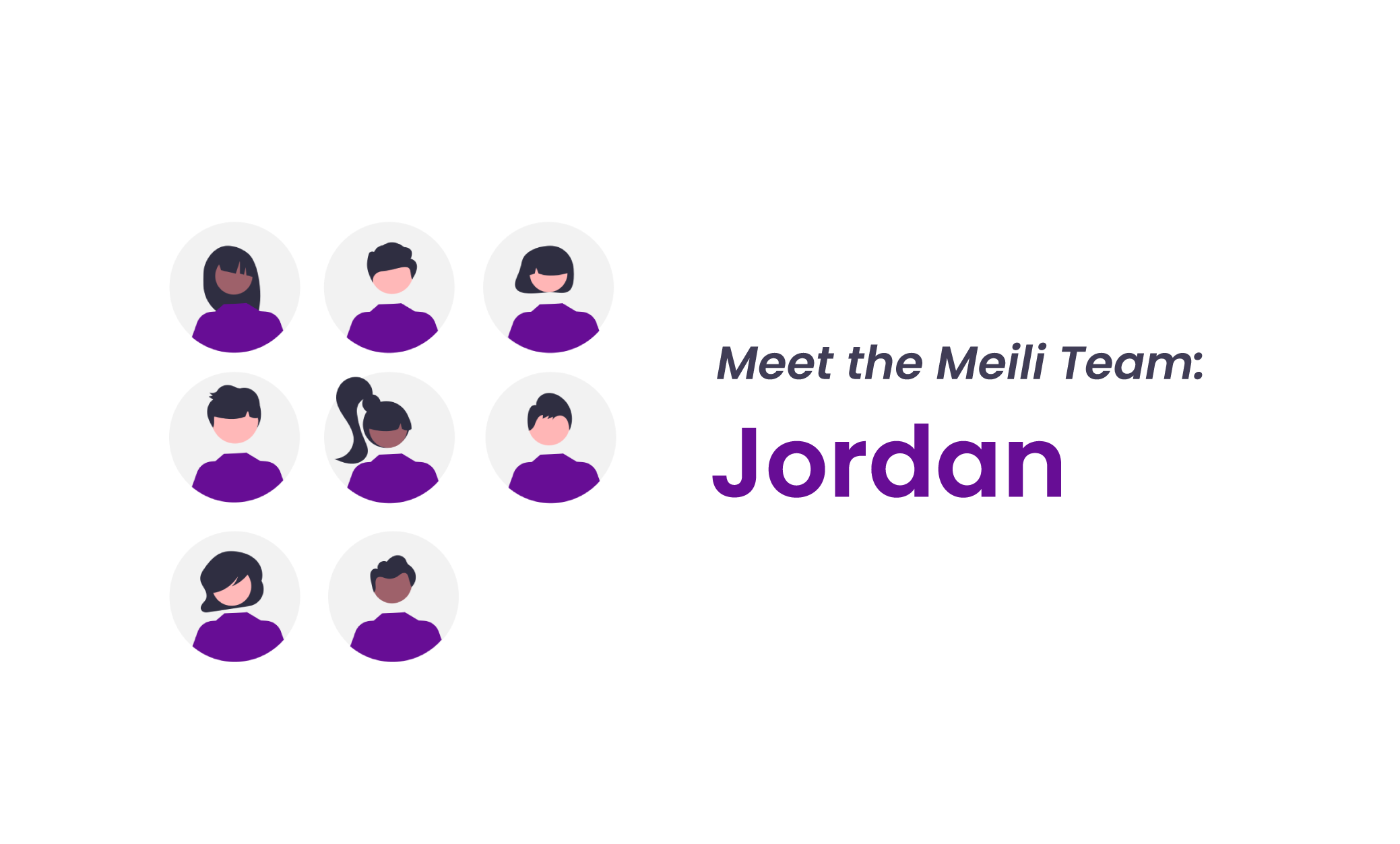Considering the large number of companies that have experienced supply chain disruptions during the pandemic, it is only natural that so many of them are in agreement with the vital need for digital transformation. In fact, as they are starting to better understand the value of cloud integration, 90% of B2B companies are eager to immediately change their way of doing business with their ecosystem. As a result, more and more companies are starting to invest in digitisation solutions to manage and automate their operational processes — including the implementation of cloud-based solutions.
Expert Roundtable: Supply Chain Innovation
Automation has been increasingly adopted across many different industries over the last few years, and the supply chain is no exception to this trend. During our very first roundtable discussion, 3 industry experts share their insights into automation and innovation in the supply chain.
It goes without saying that the global supply chains took a big hit during the Covid-19 pandemic, affecting a large number of industries. With the inefficiency of traditional inventory management systems being their main challenge during the pandemic, many retailers struggled to keep up with the surging demand. In fact, many businesses suddenly found themselves in need of new, innovative approaches to strengthen their operations and increase their agility and resilience to supply chain disruptions.
In order to stay ahead of the ever-changing industry trends and ensure rapid, strategic response to market challenges, it is essential for businesses to optimise their supply chains — especially in terms of visibility, traceability, and interoperability. Interestingly, even though 90% of businesses agree with the importance of end-to-end visibility, only 50% of them are, in fact, able to access their supply chain information.
Unsurprisingly, supply chain automation is getting more attention than ever before. With the help of automation technologies, businesses can optimise their supply chain from start to finish. Not only will this allow for accurate forecasting of the ever-changing market trends and demands, but it will also prepare businesses for future supply chain disruptions and how to respond to them in an efficient and profitable manner.
“AS/RS, AMR's, robotic picking” - Herbert ten Have
“Production” - Marianne Andersen
“It's connecting every node of the supply chain into one singular ecosystem.” - Morten Bæhrenz
“Combination of technology getting mature, logistics growing fast with the shortage of human labour.” - Herbert ten Have
“Optimization and because it is now possible” - Marianne Andersen
“Without the benefits of cloud computing, these processes could not interact with sufficient ease to realize the full benefits that the next generations of factories have to offer.”
“The “factory of the future” is predicated upon a seamless interaction of various technologies e.g. advanced robotics, real-time analytics, and machine learning. Without the benefits of cloud computing, these processes could not interact with sufficient ease and thus not realize the full benefits of the “factory of the future”.
Most industry analysts claim that machine learning and advances in robotic technology will drastically reduce the time-to-market (TTM), i.e. the length of time between new products being conceived until they are available for sale. For manufacturers, this is very good news. Costs associated with simply making a new product, let alone developing it, are major considerations when developing a new product line or a company. Potential gains from reducing the TTM trigger an incentive to invest in advanced cloud computing and SC automation technology. The rivalry between companies also propels spending in this area; If one business were to gain a competitive advantage through improved manufacturing or reduced manufacturing costs, the time and resources needed to make up lost ground would likely be huge for its competitors – and that is before the adverse impact to brand image is taken into account.” - Morten Bæhrenz
“Both are applicable. Micro Fulfillment is here to stay!” - Herbert ten Have
“Economically and technology available” - Marianne Andersen
“A combination: First, consumers demand faster and more seamless shopping experiences, which requires faster and more seamless SCM, which cannot be handled manually anymore, given the volume and speed of shopping. Second, globalization, increased competition, and increasingly complex global supply chains demand streamlined error-free SCM. Error-free and streamlined SCM simply demands SCM automation. SCM automation is therefore driven by both consumer demand and economic incentive. ” - Morten Bæhrenz
“They explain their automation objectives and challenge us to help in a partnership.” - Herbert ten Have
“Large corp needs to work with startup to develop themselves other than incremental” - Marianne Andersen
“Large corporations collaborate with startups and entrepreneurs in challenging the traditional and long-established way of thinking. Startups and Entrepreneurs bring innovations to the table and large corporations can learn a great deal about doing things faster, smarter, and more efficiently from them. Many large corporations have become myopic and not realized the benefits of automation processes - zooming out and learning from start-ups could be highly beneficial in this regard.” - Morten Bæhrenz
“Small companies and startups are in general faster, flexible and more eager to help solving something new.” - Herbert ten Have
“Because large companies are too bureaucratic to develop new groundbreaking technology” - Marianne Andersen
“It’s highly relevant for small companies to be part of Supply Chain innovation(s). For me, start-ups have had a huge impact by challenging traditional ways of thinking and spurring innovation. For example, Rackbeats automation of SME's workflows and insight into (warehouse) workflows directly boost their competitive advantage, leveling the competitive landscape. Innovation is not just a “good strategy” for the future, innovation and agility is essential for future business growth ” - Morten Bæhrenz
“Because large companies are too bureaucratic to develop new groundbreaking technology.”
Interested in Participating in the Next Expert Panel?
We're happy to hear from you if you've got great insights into Key Challenges in Supply Chain Innovation and the future of how large enterprises should do to explore new ways of working. Be sure to fill out the google form completely.
Meet the Experts
Meili Robots was honoured to collaborate with professionals in the supply chain industry for this project. And we would like to share with you a bit more about the experts and their backgrounds. Special thanks to all the influencers who participated.
Herbert ten Have
Herbert ten Have is the person behind FIZYR, a previous Amazon Picking Challenge Winner, and number #1 deep learning software for picking unknown items. Herbert studied Laboratory Analytical Chemistry and became product and marketing manager at Beckman Instruments (GSK). At 26 he started an industrial software company Harley Systems, which he sold five years later. In the many years after Herbert has been the (International) Sales & Marketing Director in succession at Livingston, Ricoh and Aggreko. During the last 8 years, Herbert has run FIZYR, a global operating software company.
Herbert ten Have, CEO of Fizyr and volunteer mentor of start-ups
Engineer, eMBA, entrepreneur and former intrapreneur
Marianne Andersen
With more than 25 years of international experience within the Medtech Industry and robotics/AI: global corporations to small startup companies, Marianne Andersen is the Founder of RoboInsights with a focus on robotics/ automation/ ai with a goal to have 50% female and 50% male speakers – and over time 50% female participants to a technology event. She is also part of Lagertha working to get more female entrepreneurs into male-dominated industries such as maritime, transport, and logistics.
Founder of High5girls NGO working to get more girls aged 13-19 interested in pursuing a career in STEM Science Technology Engineering Mathematics, she is deeply committed to empowerment through innovation, upskilling and enterprise. She has strong leadership and communication skills and is a focussed, result-oriented, creative networker and team player who thrives working in a challenging environment and is able to manage high levels of uncertainty. A dear Soul Sister who approaches every goal with enthusiasm and energy.
Morten Bæhrenz
Morten Bæhrenz is the CEO and Co-founder of Rackbeat, the fastest-growing warehouse management system in the Nordics. His passion is to help companies create a high-performance culture through the best and most innovative software solutions available. He founded Rackbeat with his partner in fall ’16. Together with their skilled employees, they have advised companies in using tailored software solutions to optimize and simplify their workflows.
Morten Bæhrenz, CEO and Co-founder of Rackbeat.
He is driven by innovation! His working method is motivating, energetic, challenging, and informal, and draws on his experience from PwC and e-conomic. Morten is also the founder & CEO of Bizz Zolutions. Furthermore, it is his vision to create transparency on the market for business software through insight, honesty, and innovation.
About Meili Robots
Meili Robots is developing the next-generation of mobile robots fleet management, called Meili FMS. A universal digital solution, an all-in-one platform that is capable of handling different kinds of Autonomous Mobile Robots (AMRs) and Automated Guided Vehicles (AGVs). Enable traffic control, empower interoperability and facilitate automated task allocation — all via intuitive UI. Check our website meilirobots.com/product to learn about our products. Contact us to find out more: info@meilirobots.com.







![[Report] Interfleet Software Integration](https://images.squarespace-cdn.com/content/v1/6616ae8561bf6a6177fc5d75/1712762524630-UZGSXF36N80HMNXAB7HP/undraw_version_control_re_mg66.png)






